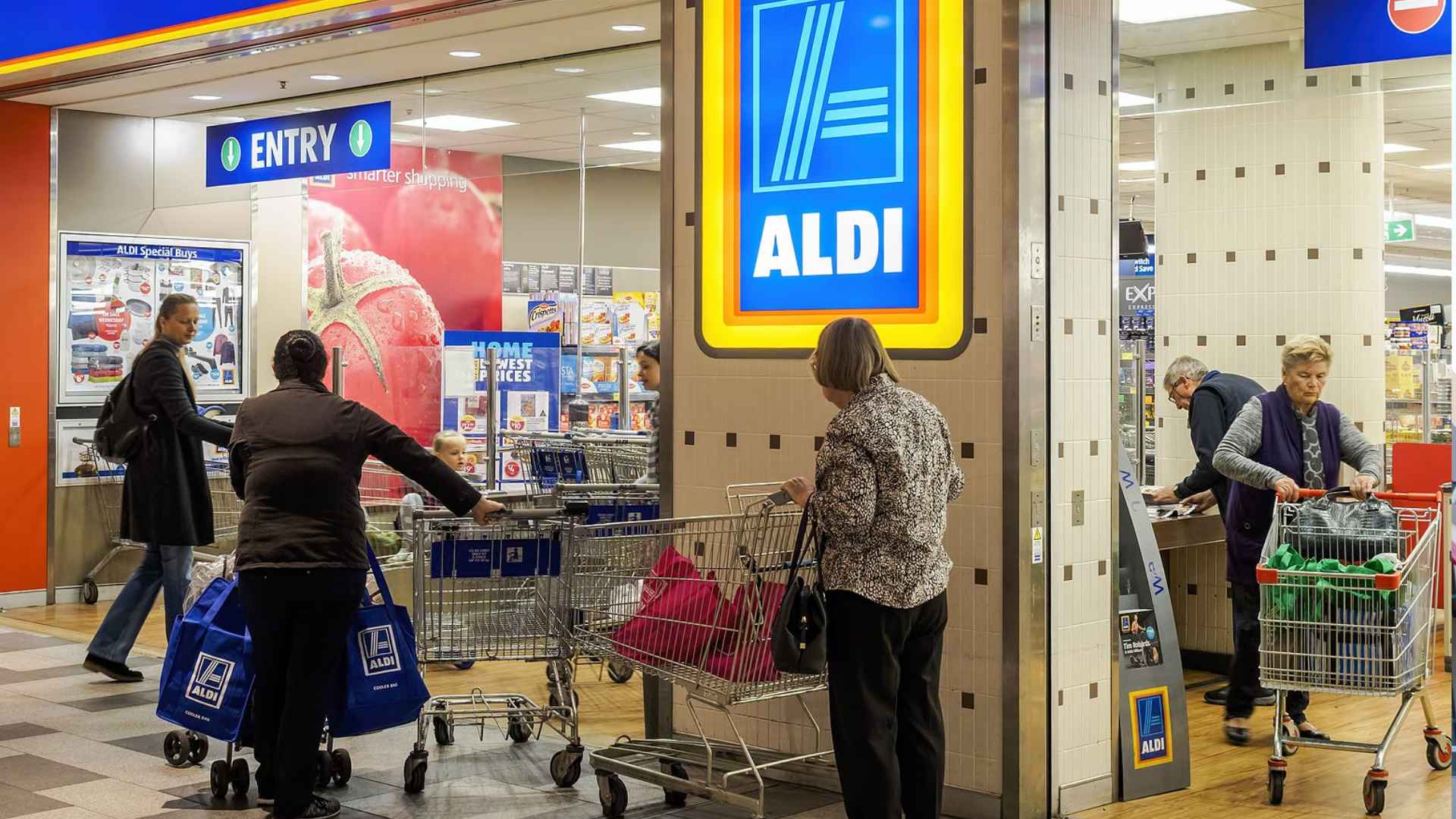A UK store tests a pioneering approach, charging customers a deposit before they shop. This move aims to streamline checkout experiences and potentially revolutionize how we pay for groceries.
In a pilot program running at an Aldi store in Greenwich, UK, shoppers must put down a deposit of €12 before stepping inside. According to local reports, this deposit covers any purchases made during their visit. If customers spend more than €12, the excess is charged directly to their account; if they spend less, the difference is refunded automatically. Anyone who decides not to buy anything receives a full refund of the deposit.
Aldi launches groundbreaking deposit requirement to test a simpler checkout approach
This unusual model eliminates the need for traditional checkouts. Cameras and sensors installed throughout the store monitor which items people pick up, and once they leave, the corresponding charges are processed via a mobile app. The deposit is then adjusted accordingly, reducing the usual time spent waiting in line. Could this approach be the answer for those annoyed by long queues during peak hours?
Before implementing it on a larger scale, Aldi will closely observe how customers respond. Will shoppers feel more secure knowing their deposit is immediately refunded if unused, or might some find this process too intrusive or unfamiliar? The pilot will help answer these questions in real time.
How customers might react to this unorthodox shopping method in the near future
One of the biggest concerns is public acceptance. Some consumers may feel uneasy about being charged before they even select a single item. Others might worry about potential errors in the tracking system that could lead to overcharging or lengthy refund requests. However, supporters believe that avoiding long checkout lines is worth the initial deposit, especially for those who value speed. Below is a quick look at how the deposit might work in a few scenarios:
| Scenario | Deposit Charged | Final Purchase | Refund/Extra Charge |
|---|---|---|---|
| Buys over €12 | €12 | €15 | Extra €3 charged |
| Buys under €12 | €12 | €8 | €4 refunded |
| No purchases | €12 | €0 | Full €12 refunded |
Some wonder: will a deposit-based system become standard at other chains if this trial proves successful?
Potential benefits, concerns, and crucial details behind Aldi’s pilot deposit strategy
A streamlined experience and reduced wait times are significant advantages. Yet, there are challenges regarding system accuracy and potential customer frustration if refunds take too long. Additionally, families on tight budgets might find the idea of paying first uncomfortable, even if it’s only temporary.
In conclusion, Aldi’s deposit-based model aims to modernize grocery shopping by removing traditional checkout lines, but its widespread adoption remains uncertain. The pilot’s results will determine whether customers fully embrace this concept and whether similar initiatives take off elsewhere.

